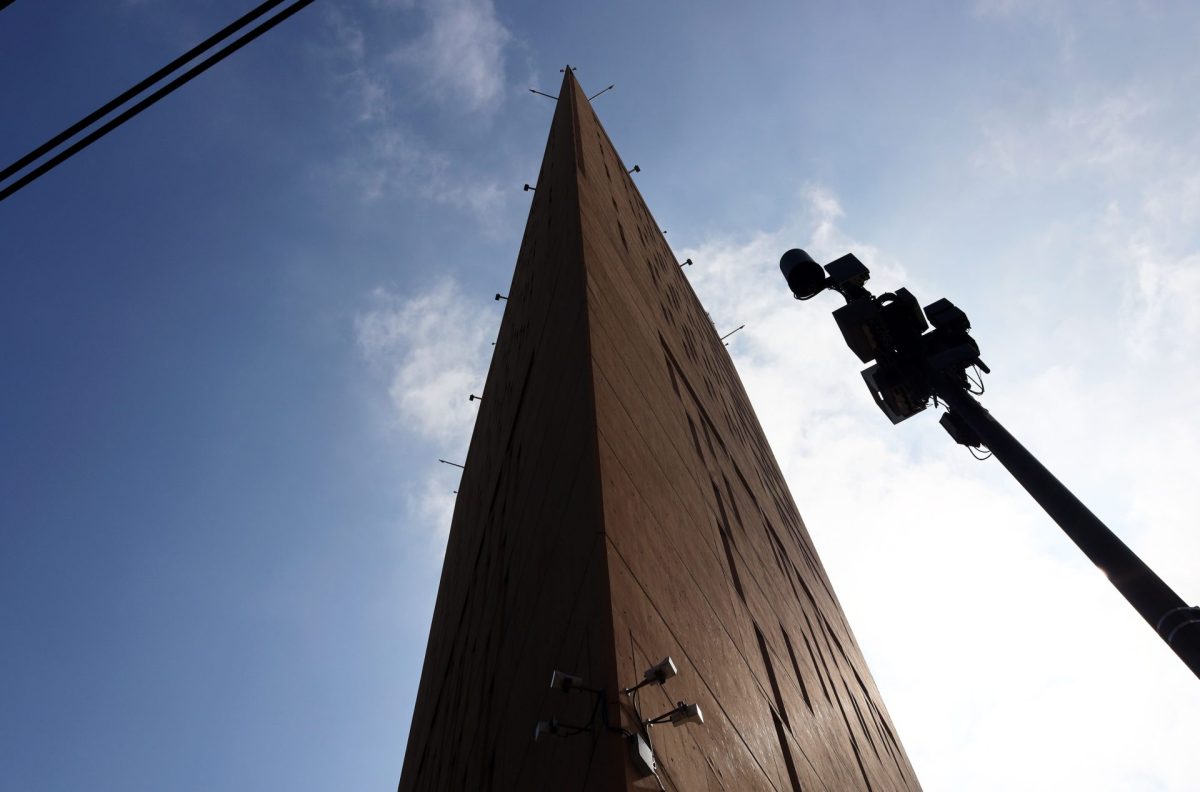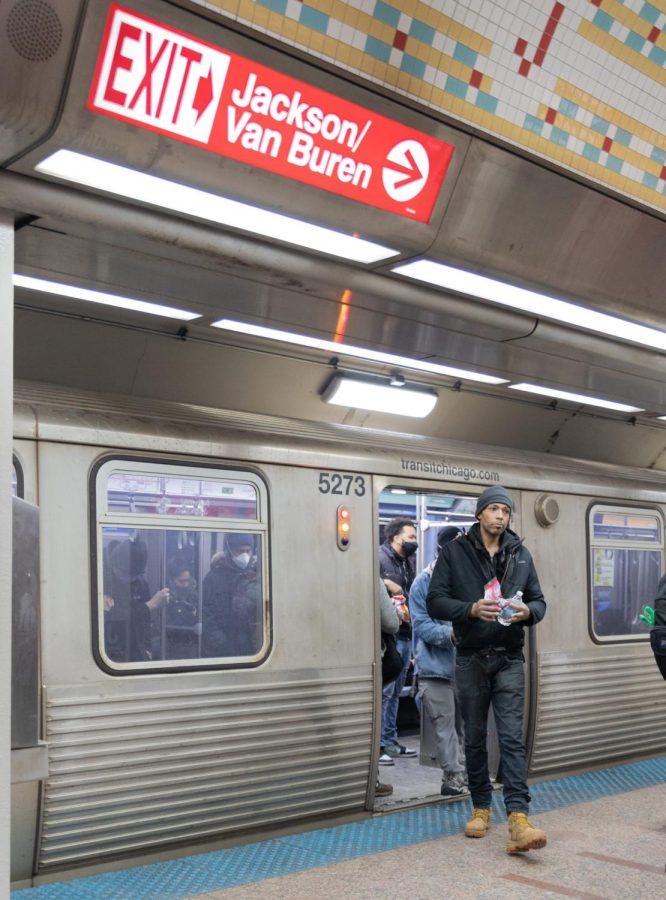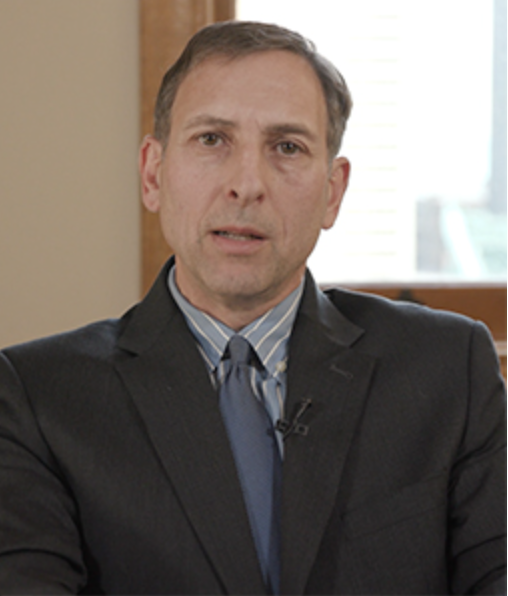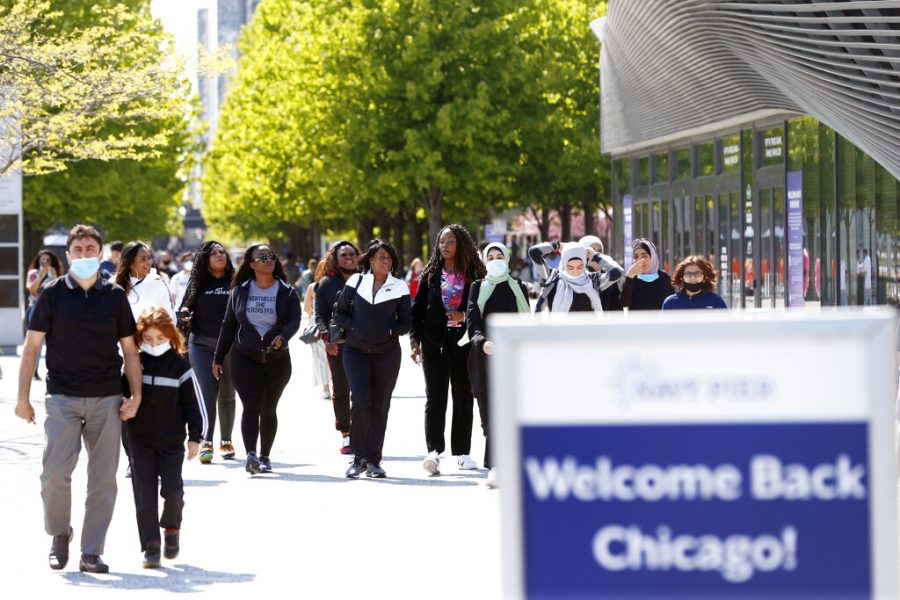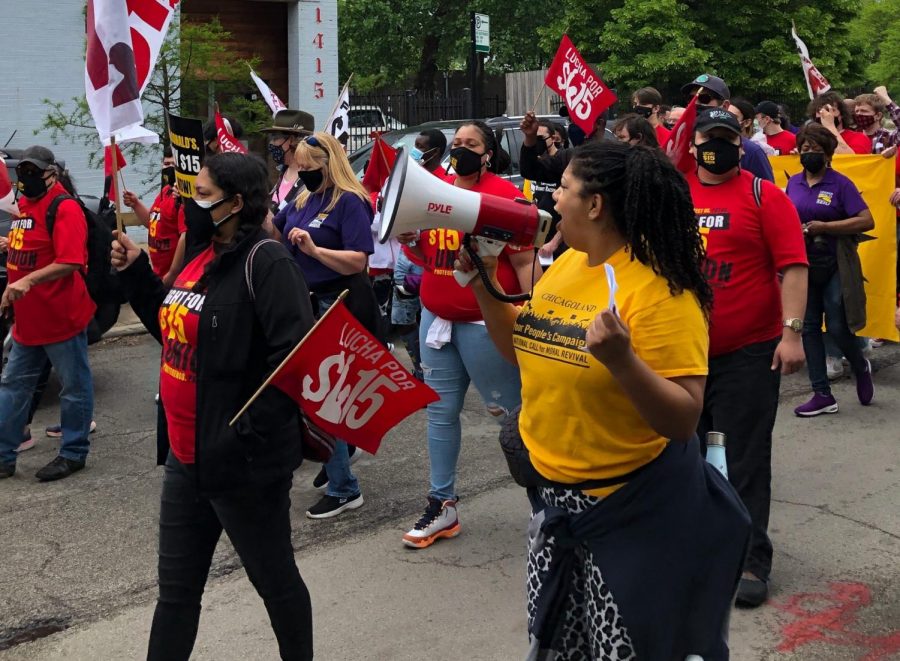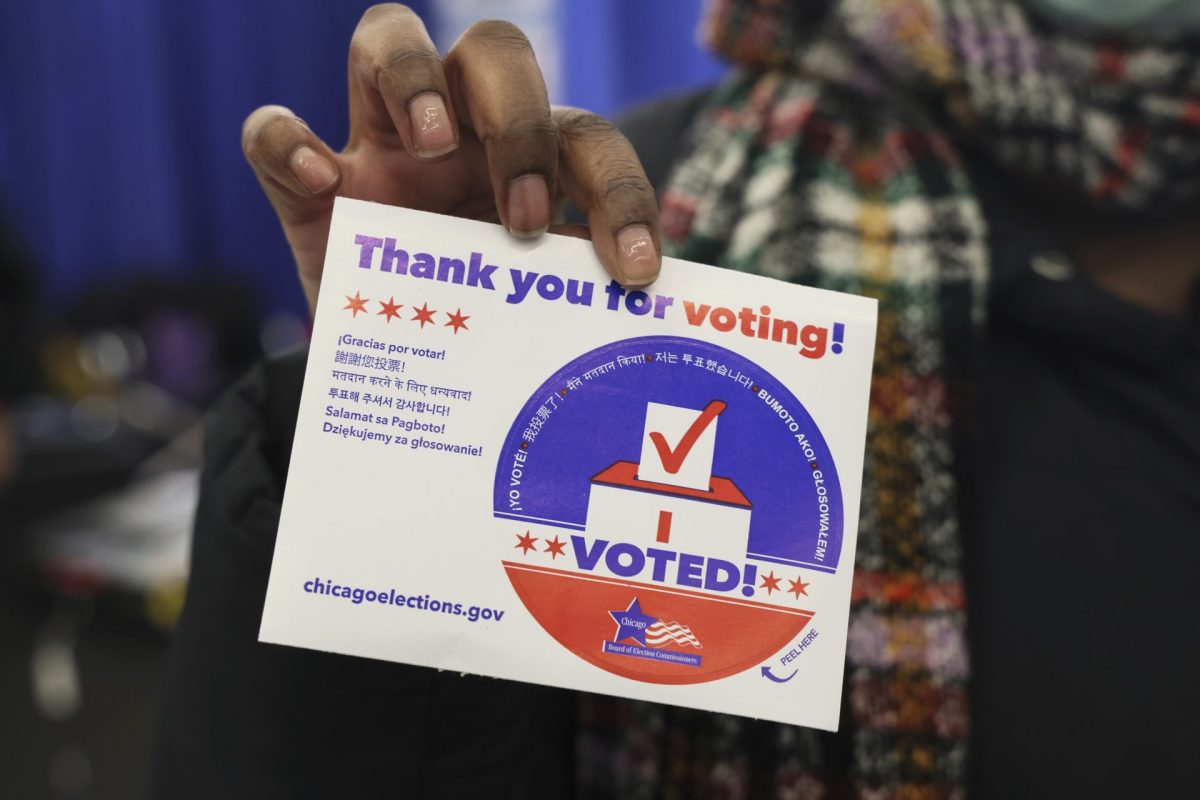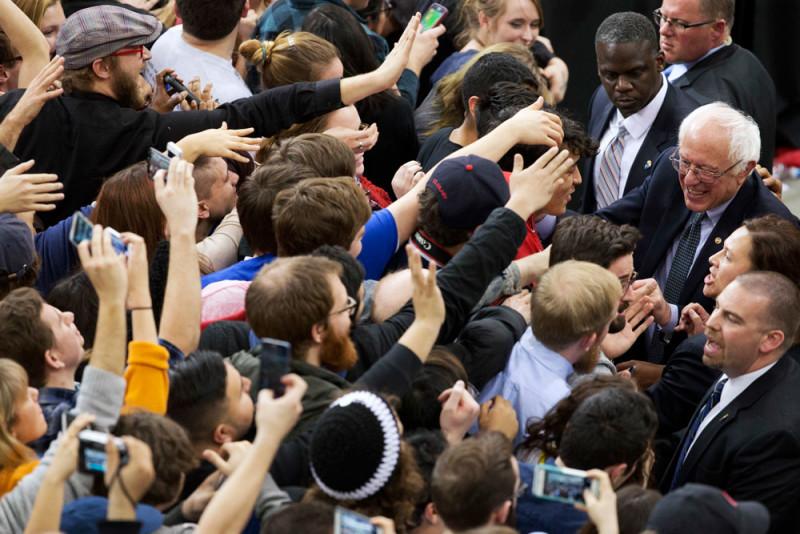
Speaking to race and education disparities, Sen. Bernie Sanders, who seeks the Democratic Presidential nomination, spoke to several thousand people at a rally at Chicago State University (CSU) on Feb. 25.
His appearance at CSU, preceded by a televised event at his alma mater University of Chicago, came just two and a half weeks before Illinois’ March 15 presidential primary election.
The location of the rally proved significant to one of Sanders’ more public campaign stances: education. His campaign places importance on reducing student loan interest rates and eliminating tuition at public universities.
CSU announced last week it would cancel spring break in order to finish the semester before reserve funding runs out. Because of the state budget impasse affecting schools across Illinois, CSU students will graduate at the end of April. State funding contributed 30 percent of CSU’s budget, according to ABC Chicago.
“What is going on in America? Where are our priorities?” Sanders asked. “Why are we talking about shutting down colleges? What we should be talking about is making public colleges and universities tuition-free.”
Alumna Catherine Miller, who volunteered at the rally, said “coming from DePaul, a private university, the idea of education as a right instead of a privilege is something I hold on to dearly.”
African-American students make up 80 percent of the student population at CSU, a demographic from which Sanders hopes to earn increased support, which would give him an edge over his opponent Hillary Clinton.
“We are listening to our brothers and sisters in the African-American community. They are saying, how does it happen that unarmed African-Americans are being shot and killed by police officers? They are saying, how does it happen that African-Americans are far more likely to get criminal records for smoking marijuana than whites? The African American community is saying, what we are saying, is we are going to reform a broken criminal justice system. We are, in this country, going to end institutional racism,” Sanders said.
This is relevant not just to African-Americans, but all people living in a city under increased scrutiny for unjustifiable police actions.
“How does it happen that we allow a great city to undergo incredible destruction?” Sanders asked.
Along with education and criminal justice, he explained his stance on minimum wage issues, social security benefits, gender and income equality, healthcare, comprehensive immigration reform and campaign finance reform.
He also emphasized differences between his campaign and Clinton’s, in an attempt to gain traction with voters.
It is well known that Sanders’ campaign raises funds without donations from wealthy individuals or Super PACs. “I’m very proud to tell you we have received over 4 million individual contributions. And you know what the average contribution is? $27, I am proud to represent people…making $27-contributions,” he said.
The way he runs his campaign reflects his determination to end the “corrupt campaign finance system” in America, as he called it. Here, Sanders references the Citizens United v. FEC Supreme Court case that allows corporations to use money as political speech. “You do not have the right to buy elections,” Sanders said.
“The reason that our campaign is gaining momentum is we’re doing something pretty unusual for American politics. Instead of listening to billionaire campaign owners, we are listening to the American people,” Sanders said.
DePaul junior and rally volunteer Jamie Hoddinott agreed. “Bernie has mobilized a generation in a way no other candidate in recent history has,” Hoddinott said.
Part of that mobilization would be to restore power to regular American citizens. Supporters at the rally applauded Sanders’ comment that real change in America “has always taken place from the bottom on up.” He further emphasized, as he does at almost every speech, that “no person, not Bernie Sanders, not anybody else, can address the enormous problems facing this country alone. No president alone can do it.”
The young working class and minority voters at the heart of Sanders’ campaign showed support at every point in the rally. “Our campaign has been doing something really radical: telling the American people the truth,” Sanders said.
“In politics, I feel like my voice doesn’t matter. But to Bernie, it does,” freshman Raffi Rincon said.
“If we do not allow them to divide us up, there is nothing that we cannot accomplish. This campaign is about a political revolution. You can help make that revolution happen on March 15 here in Chicago,” Sanders said, closing his Illinois rally to continue down his campaign trail.
“Bernie Sanders cracked the idea of political revolution wide open,” Miller said.


